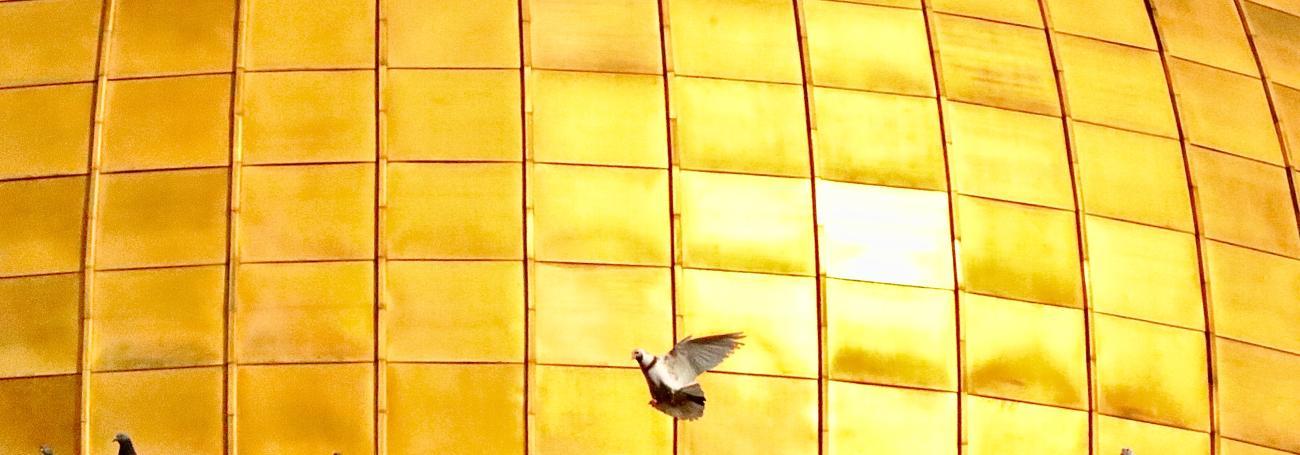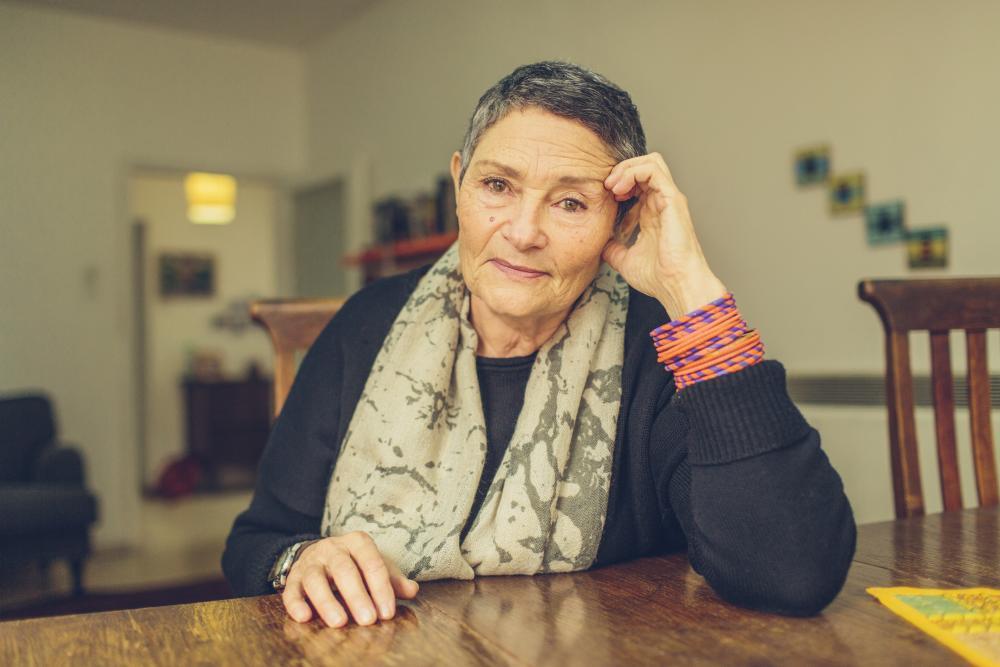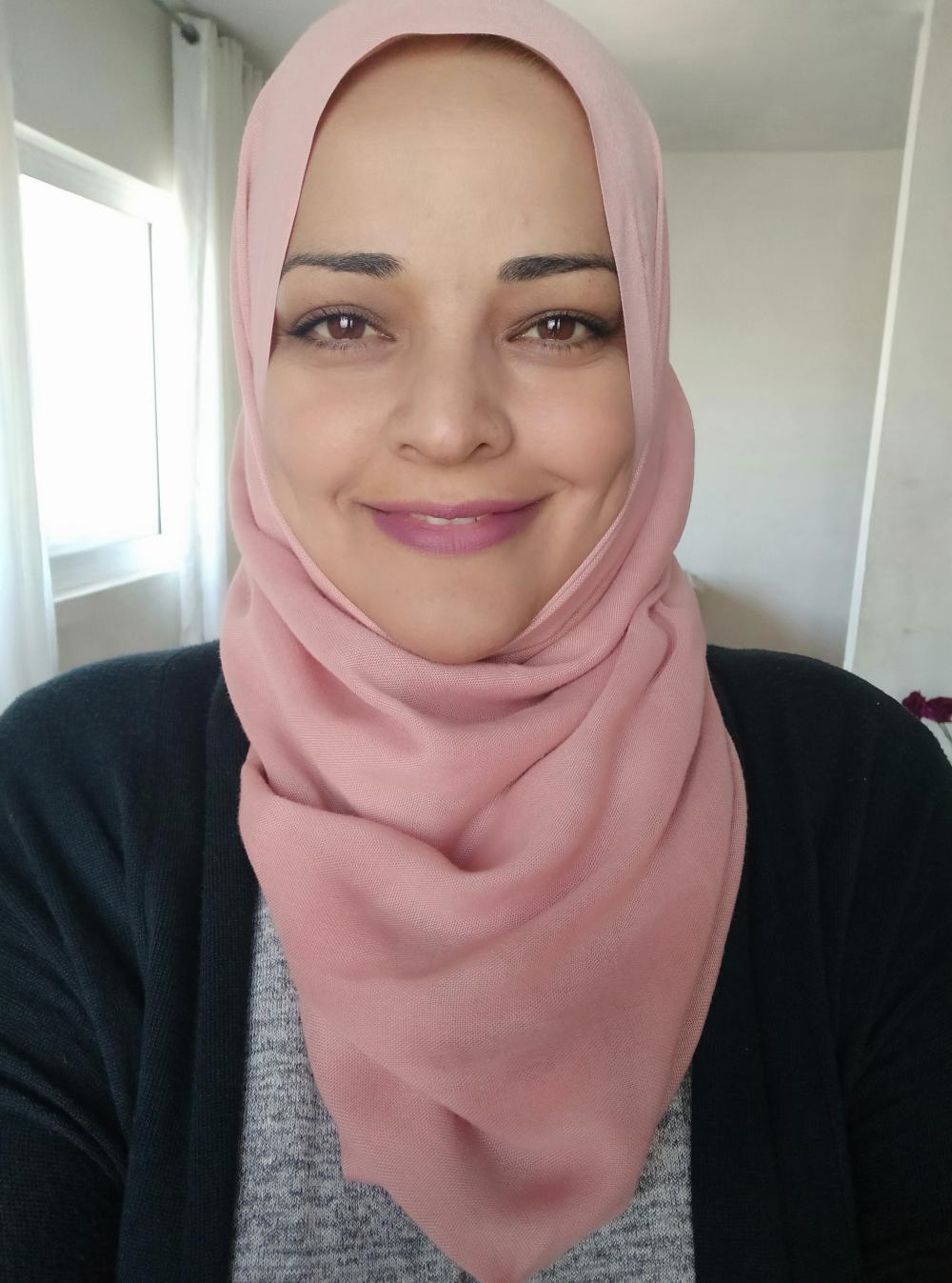Robi and Layla, you both are very involved in The Parents Circle — Families Forum, could you tell us a bit more about it?
Robi: The Parents Circle — Families Forum is a non-governmental organisation consisting of more than 600 Palestinian and Israeli bereaved families, all of whom have lost an immediate family member in the conflict. Our vision is to create a framework for a reconciliation process that will be an integral part of any future political peace process. All the work we do on the ground, both in Palestine and in Israel, is geared towards this vision.
Layla: The Parents Circle — Families Forum is the only organisation that does not actively seek new members because the price of joining the membership is not monetary. People who become members have lost a loved one - and that price is far too high. Nothing is as costly as losing a beloved relative.
We try to find every opportunity to give both sides a chance to talk face to face about anything they want, because the entire conflict will never end until we talk to each other.
Next week you’ll also be at the conference in Sassari. What is the message you’d like participants to take back home with them?
Robi: The message we want to spread internationally is that our message and work is not only local, but it can also be adapted to a polarised world. Our programmes are easily adaptable and can be used to alleviate conflict and polarisation.
Layla: The message I have been reflecting on is that we should have hope. This hope will give us the passion to continue whatever has happened. Our message, as Robi said, is not local but global.




